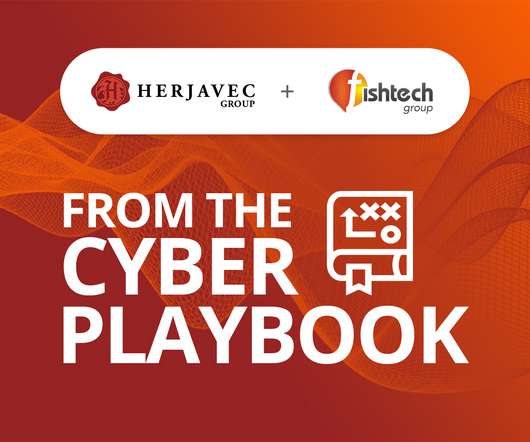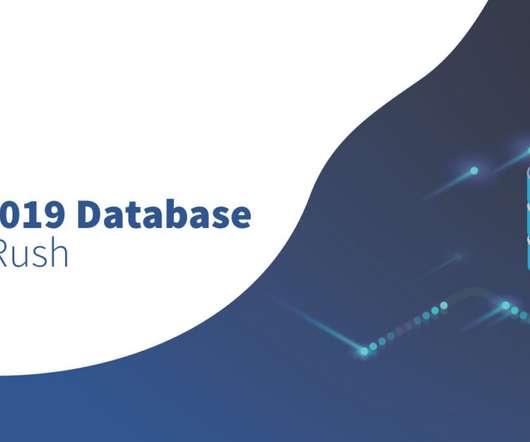Visa warns of new sophisticated credit card skimmer dubbed Baka
Security Affairs
SEPTEMBER 6, 2020
The alert includes Indicators of Compromise and the following list of best practices and mitigation measures: • Institute recurring checks in eCommerce environments for communications with the C2s. Ensure familiarity and vigilance with code integrated into eCommerce environments via service providers.





















Let's personalize your content